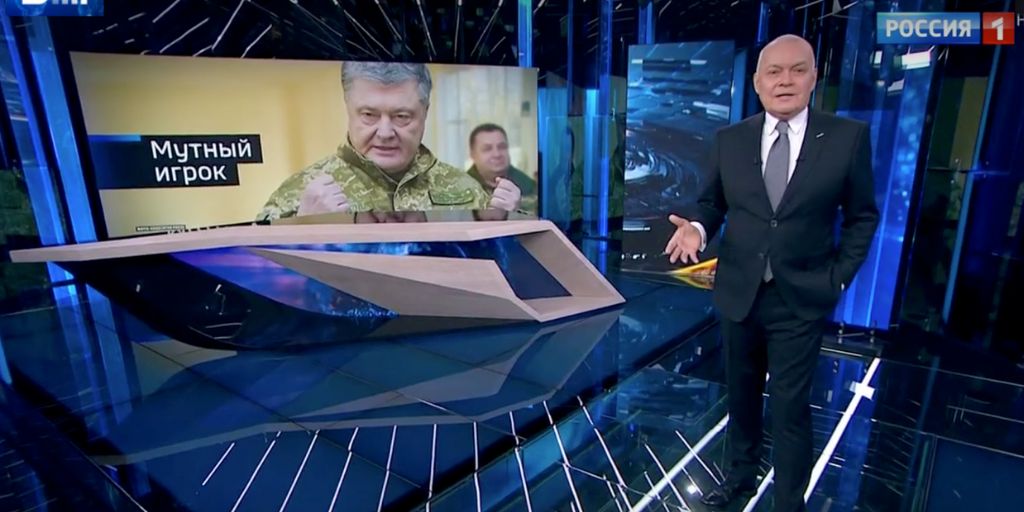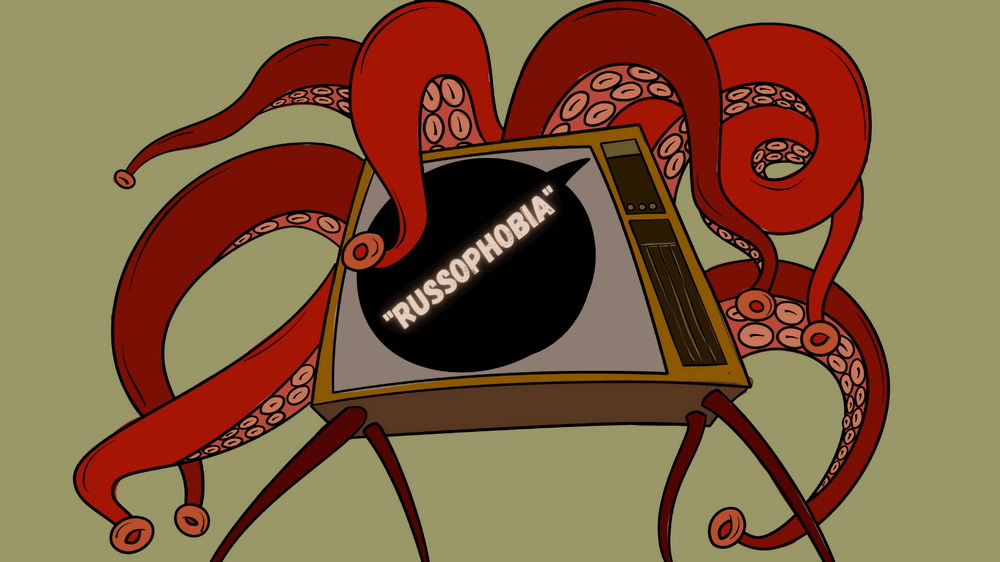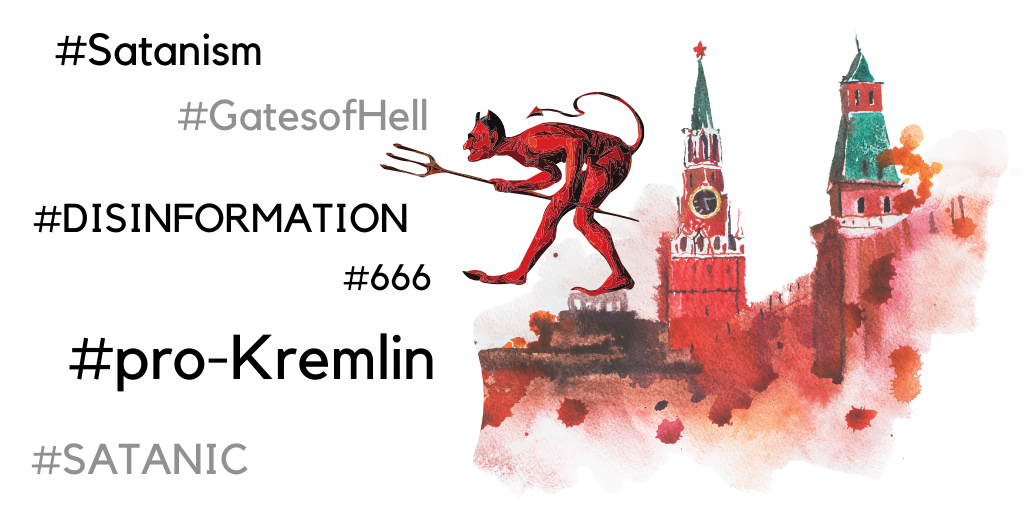2018: Assessing the damage
Read also: Ukraine-related narratives dominate Russian propaganda – disinformation watchdogs
Out of the 212 reports appearing in the “anti-fake” section of the independent Russian outlet The Insider in 2018, 60 were about Ukraine (including Crimea). In its latest publications before the holidays, The Insider’s fact-checkers found problems e.g. in Russian state media’s reporting about Ukraine’s foreign debts
, about the Ukrainian army, and about the country’s president.
Read also: 2018 Russian disinformation in figures: Ukraine-related narratives and Western pushback
The Kyiv-based online outlet StopFake, which monitors the way pro-Kremlin media portray Ukraine, recently presented a Top 10 of disinformation targeting Ukraine in 2018. StopFake’s list includes reports claiming that Ukrainian children are forced to play with stuffed Adolf Hitler dolls; that Ukrainian students are forced to reject relatives living in Russia and that Ukraine’s national church “is becoming the Christian version of ISIS
”.
Dehumanize, demoralize, make Ukraine the guilty party
Domestic audiences in Russia are e.g. faced with narratives which dehumanize Ukrainians and show the authorities in Kyiv as a cynical modern heir to 20th century Nazism. Such a strategy can turn Ukraine into an acceptable target of the Kremlin’s military aggression.
Ukrainian audiences are likely to know their own country better than to believe the above examples; but they can perhaps be affected by the attempts to belittle the country’s military capabilities as a way of targeting Ukrainian morale in the conflict with Russia.
Western and other audiences in the international community are the obvious targets when pro-Kremlin media try to present Ukraine as the guilty party in the ongoing conflict with Russia. Casting doubt on Russia’s responsibility was clearly the aim of the long-term disinformation campaign leading up to the recent escalation of the conflict in the Azov Sea. A similar strategy has also been central in the attempts to sow doubt about Russia’s role in the downing of Flight MH17.
Presenting political change as a failure
A vivid example of this was the recent interview with an alleged disappointed Ukrainian, broadcast by Russian state TV, where the interviewee turned out to be a Belarusian actor.
This kind of reporting addresses those Russian audiences who could potentially want to see similar change coming to their country, as well as audiences in other countries neighboring Russia, which could also look to Ukraine for inspiration.
Finally, if Western audiences can be led to believe this kind of message, on top of the claims that Ukraine is not a real state and that Ukrainians and Russians are one people, the Kremlin can hope that political sentiments in the West will be tempted to see support and solidarity with Ukraine as not worth the while. The Kremlin can perhaps dream that it will eventually lead Ukraine’s partners to swallow the pill of accepting the country as in the Kremlin’s “sphere of interest”.
Further reading:
- Denigrating Ukraine With Disinformation
- Russia’s Long-Term Disinformation Plan For The Azov Sea
- Russian State TV Broadcasts Staged Interview
- 2018 in Figures
- Year in review: 1001 messages of pro-Kremlin disinformation





